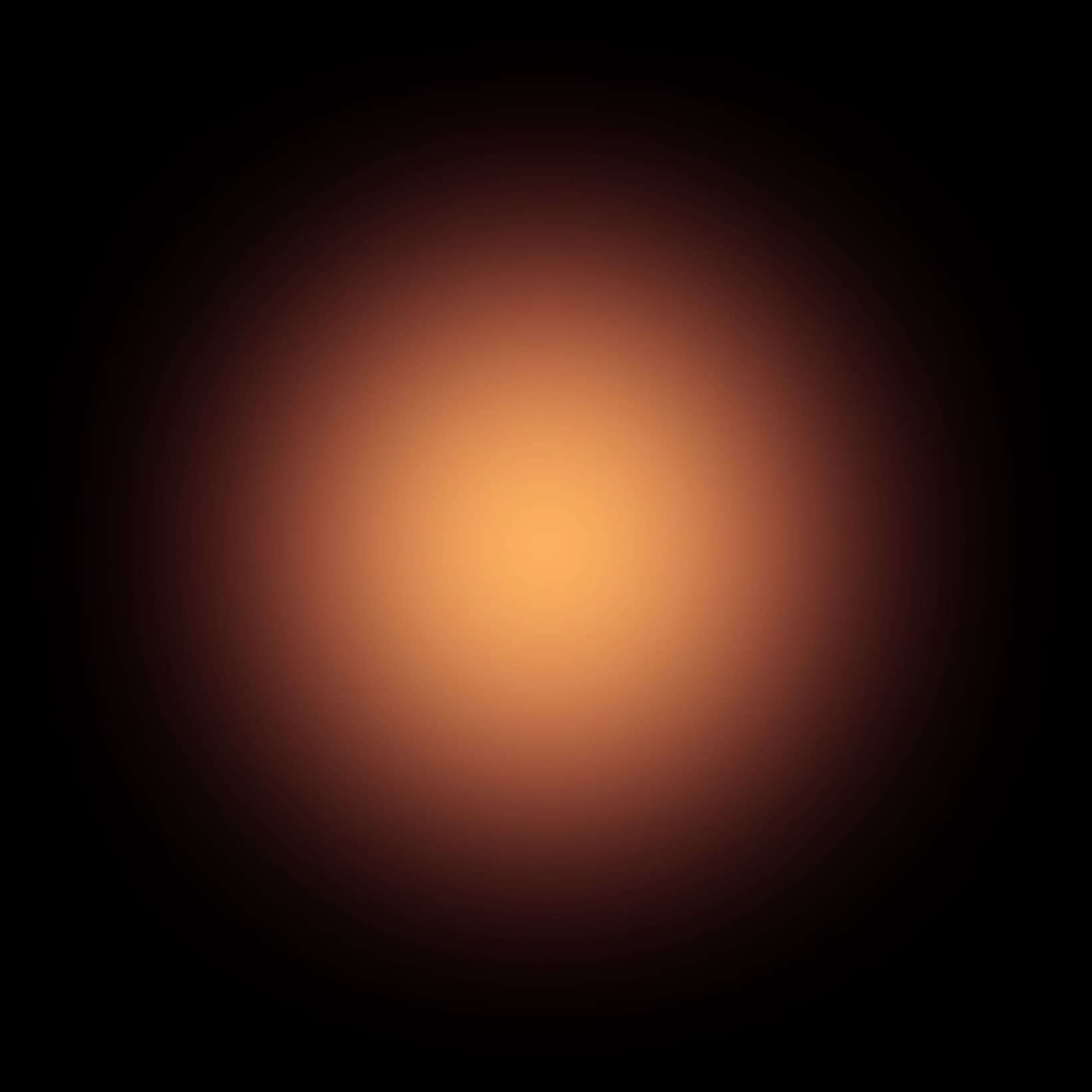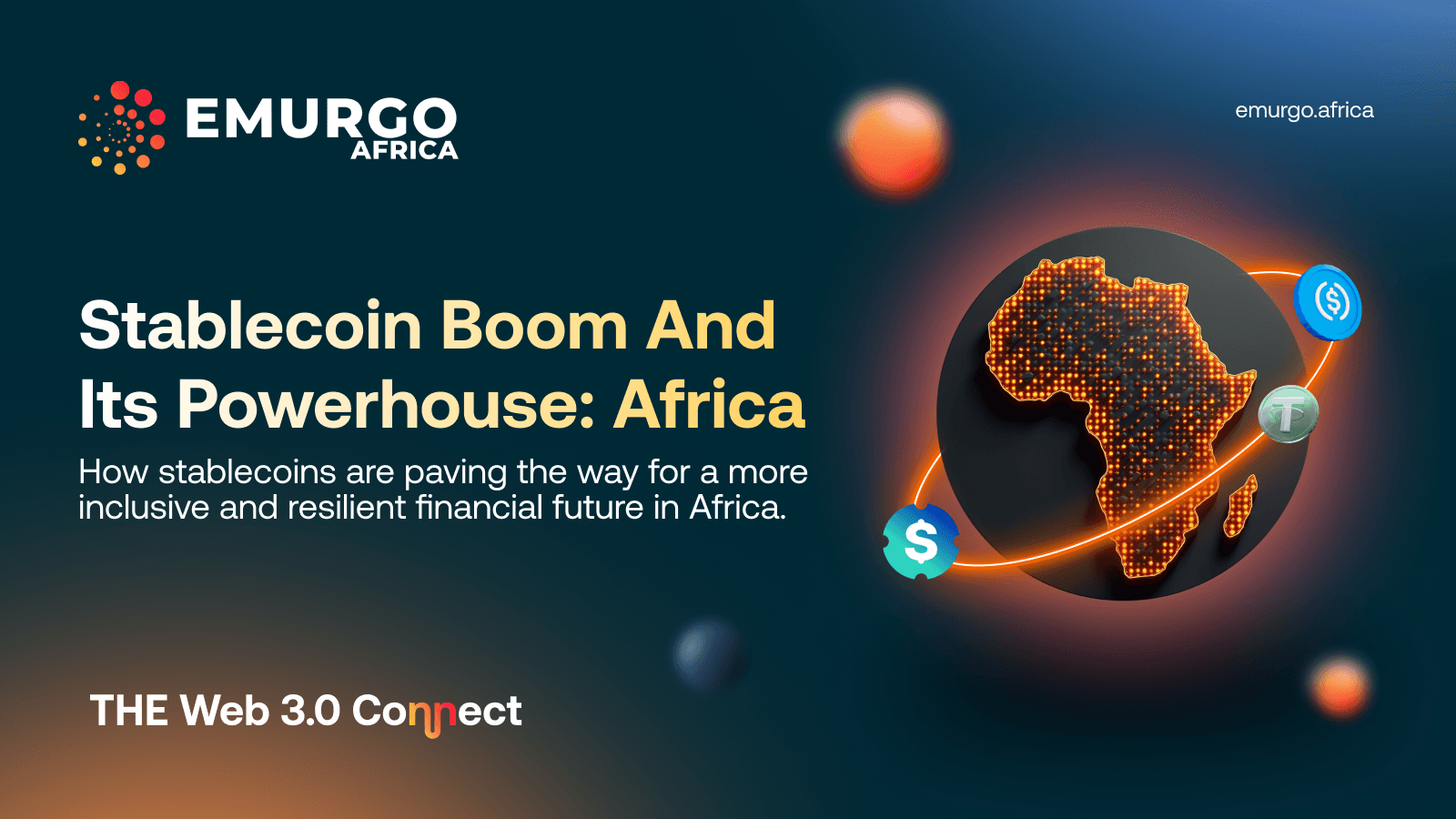By Shogo Ishida and Yosuke Yoshida, Co-CEOs, EMURGO Africa
Kenya has emerged as a hotbed for cryptocurrency and blockchain innovation in Africa, with a growing number of Web3 startups making waves in the country's tech ecosystem. Most of these startups are in the payments and lending sector, where they leverage blockchain technology to address local challenges, promote financial inclusion, and position Kenya at the forefront of the global Web3 revolution.
Key Takeaways:
- Pezesha tops Kenya’s Web3 venture capital.
- Kotani Pay gets a crypto license in South Africa.
- Melanin Kapital goes big on tokenizing carbon credits.
- Paylend wants to be the top choice for SME lending.
- Jia takes crypto lending to emerging markets.
Kenya has over 40 Web3 startups, but here are the top 5 ones making big impact:
1. Pezesha

Founded in 2017 by Hilda Moraa, Pezesha is a Web3-based digital lending marketplace that connects small and medium-sized enterprises (SMEs) with investors or lenders offering accessible working capital.
Operating on the Celo blockchain, Pezesha facilitates loans in Celo stablecoins (cUSD). To access the platform, users download the app, register and undergo a credit score check to determine loan limits for their business. Once a loan is requested, Pezesha automatically matches the user with an investor, delivering funds to the user’s wallet in minutes. However, businesses must be in operation for at least six months.
Pezesha is playing a transformative role in Kenya's Web3 industry by integrating decentralized finance (DeFi) solutions into its lending ecosystem. Through blockchain, Pezesha enhances transparency, security, and accessibility in lending. By utilizing smart contracts and tokenized assets, the fintech enables more efficient and low-cost loan transactions, reducing reliance on traditional financial institutions.
It connects borrowers with decentralized funding sources, such as crypto investors and peer-to-peer networks. This opens up global opportunities for funding, allowing businesses to tap into international markets while maintaining regulatory compliance.
Since its inception, Pezesha has connected over 20,000 youth-led MSMEs to working capital, creating more than 1,000 formal jobs and 5,000 informal jobs. With over 75,000 loans disbursed and financial education provided to more than 200,000 MSMEs in over 100 million transactions in Kenya, Pezesha has become a significant player in the Web3 space. Operational in Kenya, Ghana, and Nigeria, Pezesha secured an operating license in Uganda in 2023.
The startup offers loans of up to $10,000 with single-digit interest rates and a one-year repayment term. It hopes to generate $100 million in annual financing for businesses by partnering with local and international banks, high-net-worth individuals, and decentralized finance networks.
Since 2021, Pezesha has partnered with Kotani Pay, a startup offering secure API integrations with Celo, Stellar, and Avalanche blockchain networks, allowing SME lending without internet access.
The startup has raised the highest amount of Web3 venture capital in Kenya, totalling at least $12 million. After a seed investment in 2018, it raised a 7-figure (at least $1 million) amount from Greeh House Capital in 2021.
In 2022, it raised an $11 million pre-Series A equity-debt round led by Women’s World Banking Capital Partners with participation from Cardano blockchain builder Input Output Global (IOG).
2. Kotani Pay

Kotani Pay is revolutionizing Kenya's Web3 industry by bridging the gap between blockchain technology and real-world financial services, particularly for the unbanked and underbanked populations.
Founded in 2020 by Felix Macharia,Samuel Kariuki and Stephen Kiarie, the startup offers a seamless on-ramp and off-ramp infrastructure for crypto and decentralized finance (DeFi) transactions, allowing users to convert crypto assets into fiat currency and vice versa. This service is critical in Kenya, where a significant portion of the population suffers through costly bank transactions despite having one of the biggest mobile money usage in the world.
By integrating with mobile money platforms such as M-Pesa, Kotani Pay enables users to receive cryptocurrency payments and easily convert them into local currency, creating a user-friendly experience for individuals unfamiliar with blockchain technology.
Kotani provides its technology as a B2B solution, bridging the gap between crypto platforms' smart contracts and mobile money APIs. Among its key crypto partners are Yellowcard, DCG, Fonbank, Celo’s Valora, UNICEF Crypto Innovation Fund, and Stellar.
This integration enhances financial inclusion by allowing even those without formal bank accounts to participate in the Web3 economy, including remittances, cross-border payments, and DeFi services.
Where lack of internet connectivity limits people's access to vital online financial services, Kotani Pay uses familiar interfaces like USSD, simplifying interactions with blockchain wallets to be as easy as routine tasks like purchasing airtime.
Kotani Pay's platform supports decentralized applications (dApps) by providing them with the necessary API tools to facilitate financial transactions in a mobile-first economy like Kenya’s. This boosts the development and adoption of dApps, fostering innovation and entrepreneurship within the country’s blockchain space.
Kotani Pay is driving social impact by enabling American NGO Mercy Corps to distribute payments through blockchain, ensuring transparency and reducing inefficiencies in fund distribution. Processing a $5 micro-payment from the US to Kenya may cost up to 111% with traditional payments processors but as low as 2% with stablecoin solutions.
Mercy Corps hires Kenyans for gig jobs who usually transfer their earned USD-pegged stablecoins to a wallet called Valora that runs on the Celo Blockchain at a 0.02% transaction fee. The workers have the option to store and stake their Stablecoins on the wallet for Celo rewards or withdraw. For those that chose to withdraw, they transfer the stablecoins to Kotani Pay, which converts the stablecoins on the Celo network to Kenya shillings on an M-Pesa digital wallet ready for spending.
Kotani Pay has had at least ten funding rounds since its launch but the most notable one was a September 2023 $2 million pre-seed funding round led by P1 Ventures, with participation from Adaverse to expand its crypto solutions to Ghana, Zambia and South Africa.
In July 2024, Kotani Pay became the first blockchain fintech to secure a Crypto Asset Service Provider (CASP) license from South Africa's Financial Sector Conduct Authority (FSCA). This milestone, along with its SOC II compliance and registration with the Financial Intelligence Centre, strengthened Kotani Pay's reputation as a trusted crypto partner.
The CASP license enables Kotani Pay to act as an intermediary, connecting local payment systems with the global blockchain economy. This service is crucial in Africa, where financial inclusion is a significant challenge.

Melanin Kapital is making significant strides in tokenizing carbon credits in Kenya to help small and medium-sized enterprises (SMEs) access affordable climate financing.
Co-founded by Melanie Keita and Ian Minjire Kibira in 2020, the startup initially focused on connecting African SMEs to financial resources, but pivoted towards climate financing in response to the urgent need for clean energy solutions.
The startup now operates through three business verticals—solar irrigation, solar-powered retail, and electric mobility—all aimed at supporting the green energy transition in Kenya.
Through its Kijani Farm, Kijani Power, and Kijani Move Green Mobility programs, Melanin Kapital provides SMEs with access to solar equipment, such as solar water pumps and greenhouses, as well as electric buses and motorcycles. The start-up has been UN-certified to lead green energy transition efforts.
The financing for these assets is supported by carbon credits, which are tokenized through blockchain. This tokenization allows SMEs to earn tokens for reducing carbon emissions, which can be redeemed for local currency.
To facilitate carbon credit certification, Melanin Kapital uses AI algorithms and IoT-enabled devices to track the carbon saved by its financed assets. The startup has also created a blockchain-based platform for tokenizing both carbon credits and the assets themselves, allowing individuals and businesses outside Kenya to invest in clean energy equipment.
Melanin Kapital charges a monthly subscription fee of $5 to $15 per SME, and charges the financier a revenue share of 30% to access its data and finance its SMEs.
In 2023, Melanin Kapital disbursed $100,000 in SME climate financing and aimed to scale its impact, targeting up to 1,000 SMEs with total disbursements of $3 million. As at 2024, it had onboarded over 500 businesses with $1.5 million green finance applications.
With pre-seed financing from Adaverse, and support from organizations like the African Development Bank, Absa Bank, Verra and the UN, the startup is positioning itself as a key player in the voluntary carbon credit market. It currently operates in Kenya, but it plans to expand to Uganda, Rwanda and Senegal.

Paylend is revolutionizing the country's Web3 industry by providing access to finance and digitizing Micro, Small and Medium Enterprises (MSMEs). Founded in 2019 by Eliutherius Juma and Bendon Murgor, Paylend aims to improve access to financial services for businesses and individuals left underserved by traditional banks and microfinance institutions.
Kenya's MSMEs face significant challenges in sustaining their operations due to economic downturns that make it difficult to expand and access financing.
The cost of credit in Kenya is high as the central bank raises rates to ease inflationary pressures. This has led to a situation where many SMEs find bank loans and microfinance institutions—which charge annual interest rates of up to 20% on average—too expensive. Some microfinance institutions charge even higher rates, with some lending at 10% per week refundable within a month, which equates to an eye-watering annual interest rate of 520%.
As a result, many businesses have turned to Web3 lending platforms which offer more affordable interest rates—often between 2% and 6% per year. The emergence of Paylend unlocked new ways of lending and borrowing, cutting out intermediaries and the associated costs.
The platform also helps businesses to digitize their supply chain management, enabling them to optimize inventory levels and meet customer demand without compromising their working capital.
Paylend launched a credit programme for small businesses in 2022. Termed Inua Biashara (means 'boosting businesses' in Swahili), MSMEs can access credit of up to $1,600 to replenish their stock, at an interest rate of 2.5%.
The company has already digitized over 10,000 SMEs, reflecting its expanding user base and operational scale. Recent substantial growth has brought Paylend's total customer count to an impressive 20,000.
In 2021, Paylend raised $2 million in seed investment to expand its operations within Kenya and enter new markets in Tanzania, Zambia, and Nigeria. This investment was secured from Next Chymia Consulting HK Limited, an Asian-based company that specializes in blockchain applications, consultancy, and training services for global clients.
5. Jia

Founded in 2022 by Zach Marks, Cheng Cheng, Ivan Orone, and Ye (Yuting) Wang founded Jia, Jia's mission is to leverage the transparency, efficiency, and accessibility of blockchain technology to address the persistent challenges faced by small and medium-sized enterprises (SMEs) in gaining access to traditional financial services.
By providing collateral-free loans and flexible repayment terms, Jia aims to empower these businesses to grow, create jobs, and drive economic development in their local communities.
The startup currently issues tokens in the form of Jia points, which become claimable once the token system is fully established. In the meantime, borrowers can use these tokens as collateral for reduced interest rates, larger loan amounts, and more flexible repayment terms.
Jia aims to mirror the concept of community finance, such as table-banking groups, which are popular in regions like Kenya. In these models, members are both borrowers and shareholders, earning from the group’s pooled resources and financial growth.
The platform has launched its first on-chain pool in collaboration with Huma Finance, a decentralized finance (DeFi) protocol that backs income-based lending. The platform offers loans of up to $5,000 to small businesses, addressing a gap left by traditional digital lenders and loan apps that typically cap credit at $1,000.
The startup is supporting growing businesses by providing the larger, longer-term loans they need to scale—something smaller loans can't accomplish. The repayment period is flexible, tailored to the borrower, and can extend up to six months, with interest rates ranging between 2% and 6% per month, depending on the borrower's profile. Borrowers seeking inventory or invoice financing have a maximum of three months to repay.
Jia secured $4.3 million in seed funding last year, along with an additional $1 million committed for on-chain liquidity, in a round led by early-stage investor TCG Crypto. The startup plans to use the capital to expand its operations in Kenya and the Philippines, with future plans to enter new markets across West Africa, Latin America, and Asia.

DISCLAIMER: The information in this content (website or other form) does not represent an offer or commitment to provide any product or service. The analysis, opinions and estimates expressed in this content are those of the respective authors, and may differ from those of EMURGO Africa and/or other EMURGO Africa employees and affiliates. Copying, re-publishing or using this material or any of its contents for any other purpose is strictly prohibited without prior written consent from EMURGO Africa.




